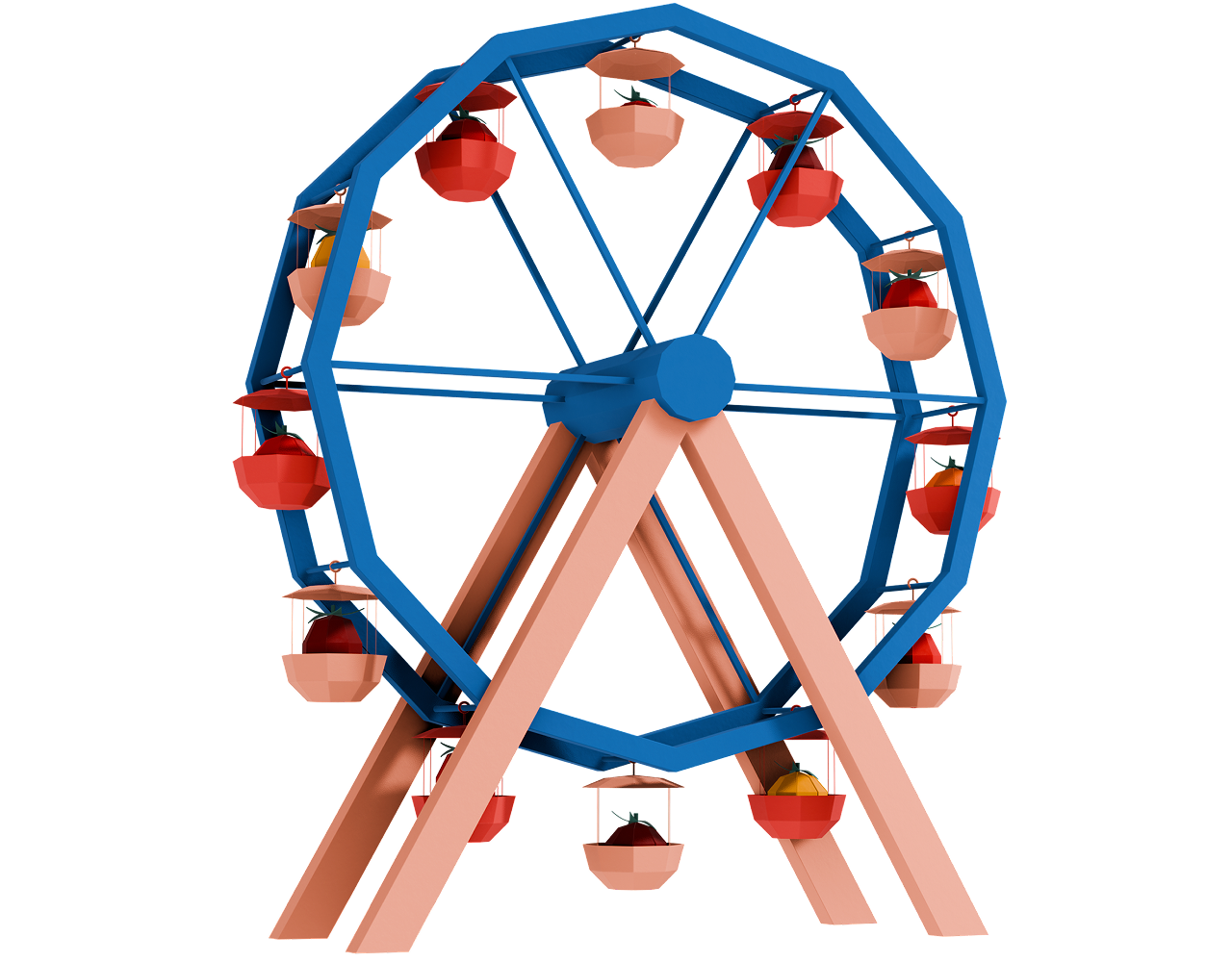
Growing today, protecting tomorrow
Our impact
We save water
At Duroc, sustainable water management is a priority. 40% of our water needs are covered by seawater desalination, despite a higher cost. Result: reduced pressure on groundwater, continuous improvement of our closed-loop hydroponic system for more efficient use of water, and adoption of an ozone filtration and treatment system whose implementation is under study.
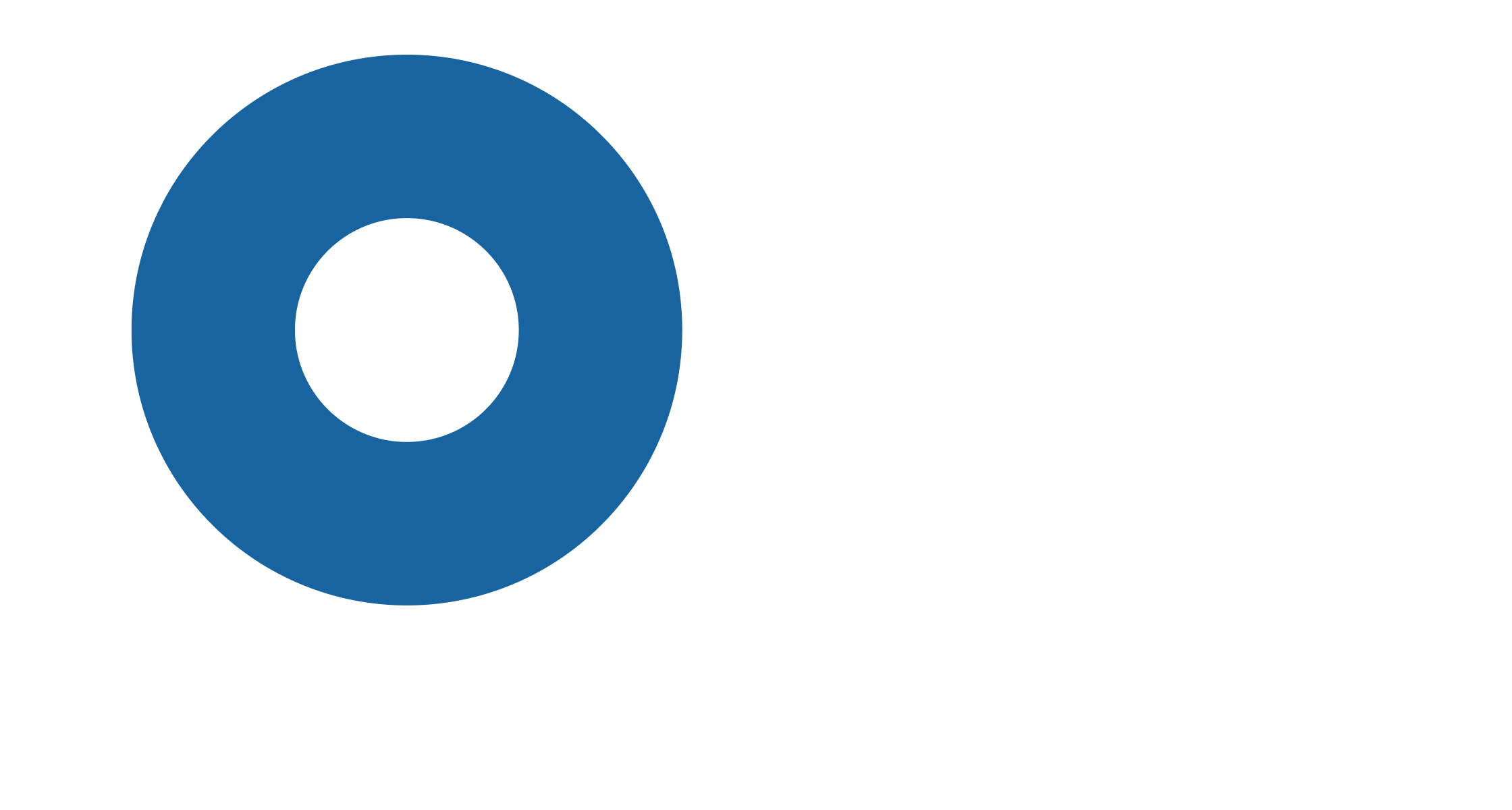
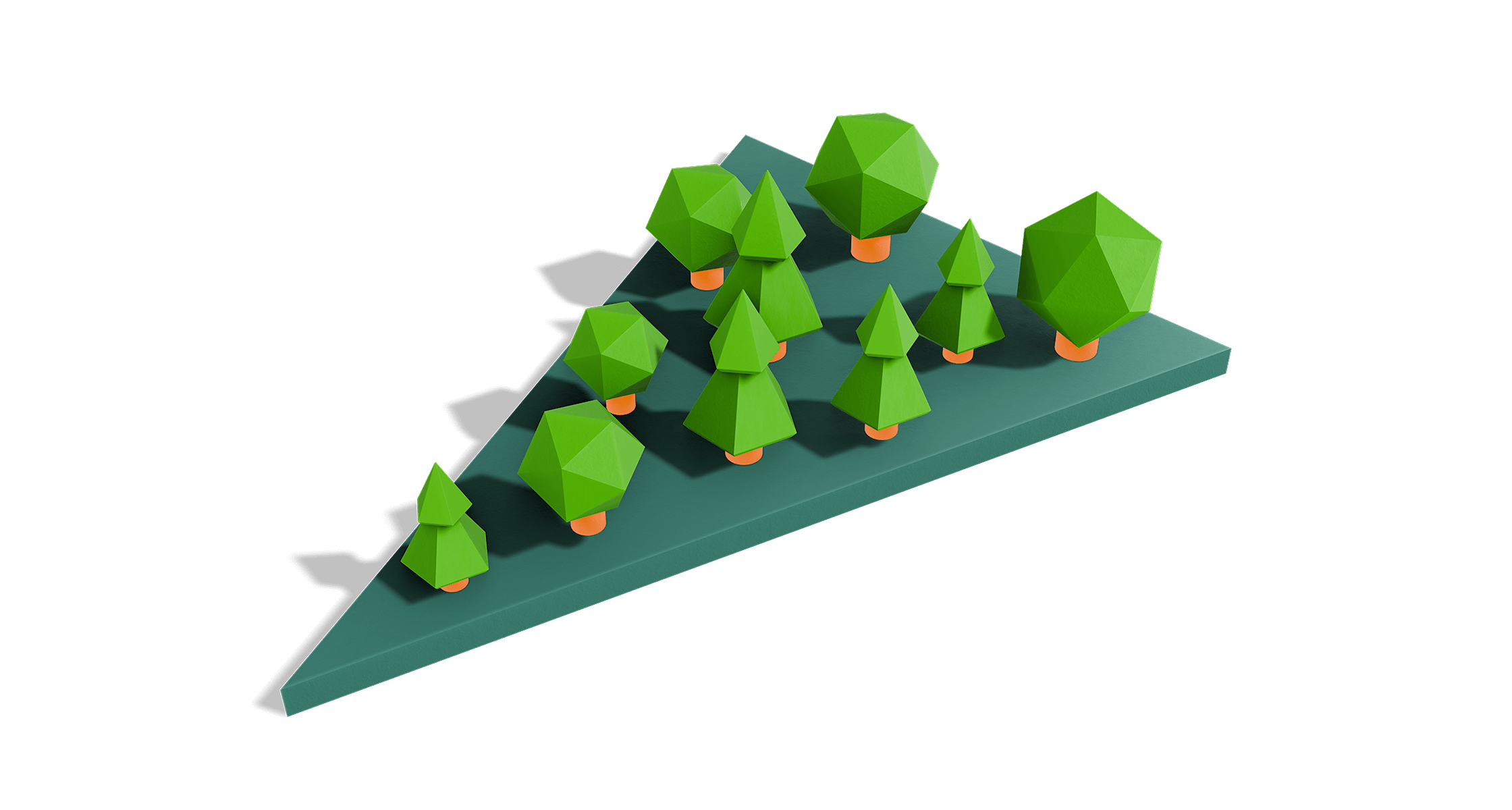
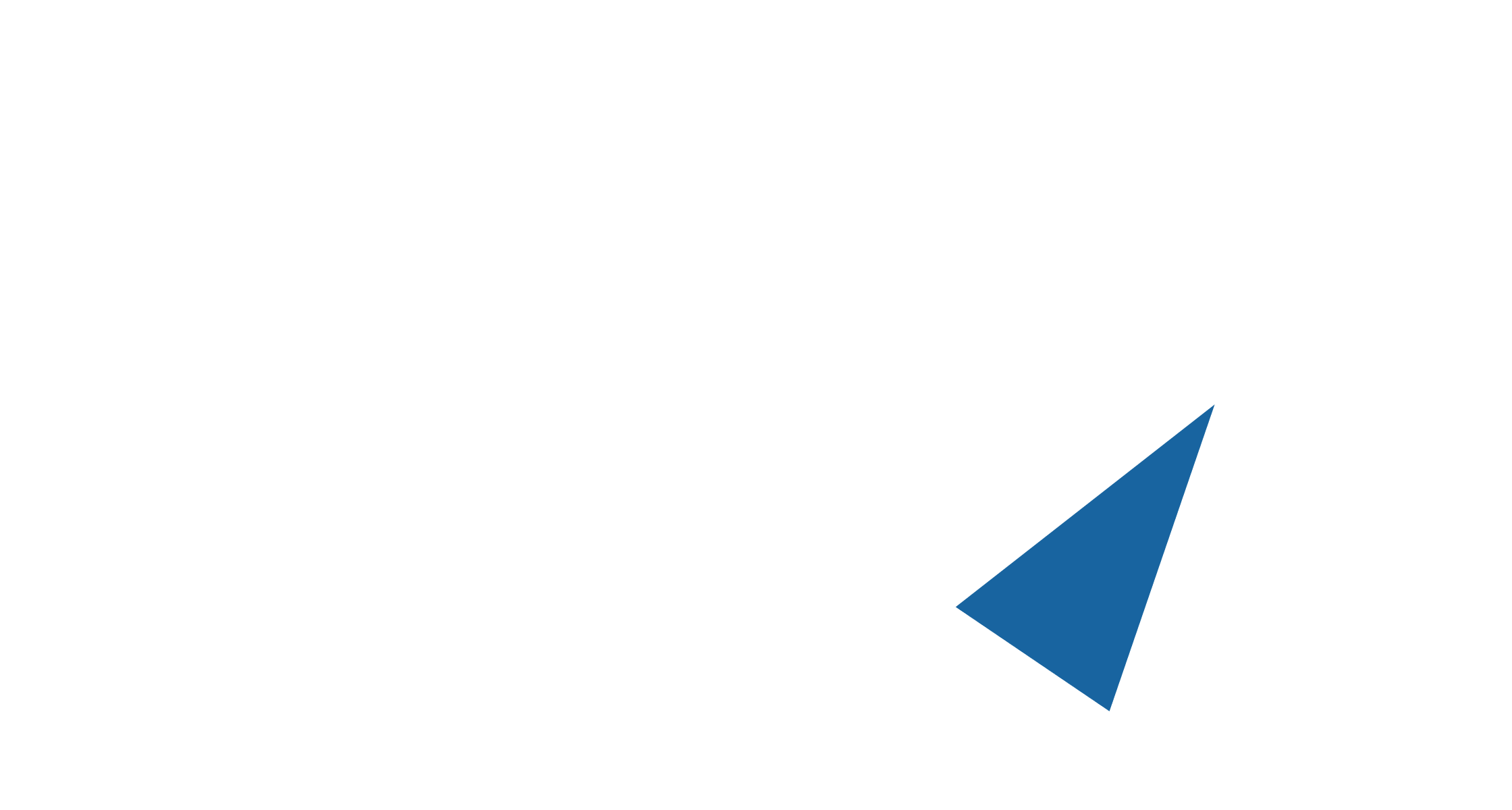
We recycle our waste
Duroc adopts a zero waste policy in its production processes. 100% of the waste sorted and treated according to its type: Vegetable waste is composted and reused on our farms to enrich the soil. Plastic & cardboard are recycled by specialized partner companies. Our soiled waste is incinerated by the cement industry for energy recovery.
We reduce our carbon foot print
At Duroc, we have conducted our carbon audit to accurately assess our impact and establish an ambitious reduction strategy. We are committed to cutting our CO₂ emissions by 50% for scopes 1 & 2 and reducing scope 3 emissions by 30% by 2030. To achieve these targets, we are investing in renewable energy, improving the energy efficiency of our infrastructure, and optimizing our logistical processes. At the same time, we are actively contributing to national reforestation efforts by planting three Miyawaki mini-forests, totaling 27,000 trees and shrubs. We prioritize these local, tangible actions to offset our unavoidable emissions, ensuring that our commitment to sustainability has a direct and meaningful impact.
4800 employés
89,7% are farm workers
58% are women
65% are permanent workers
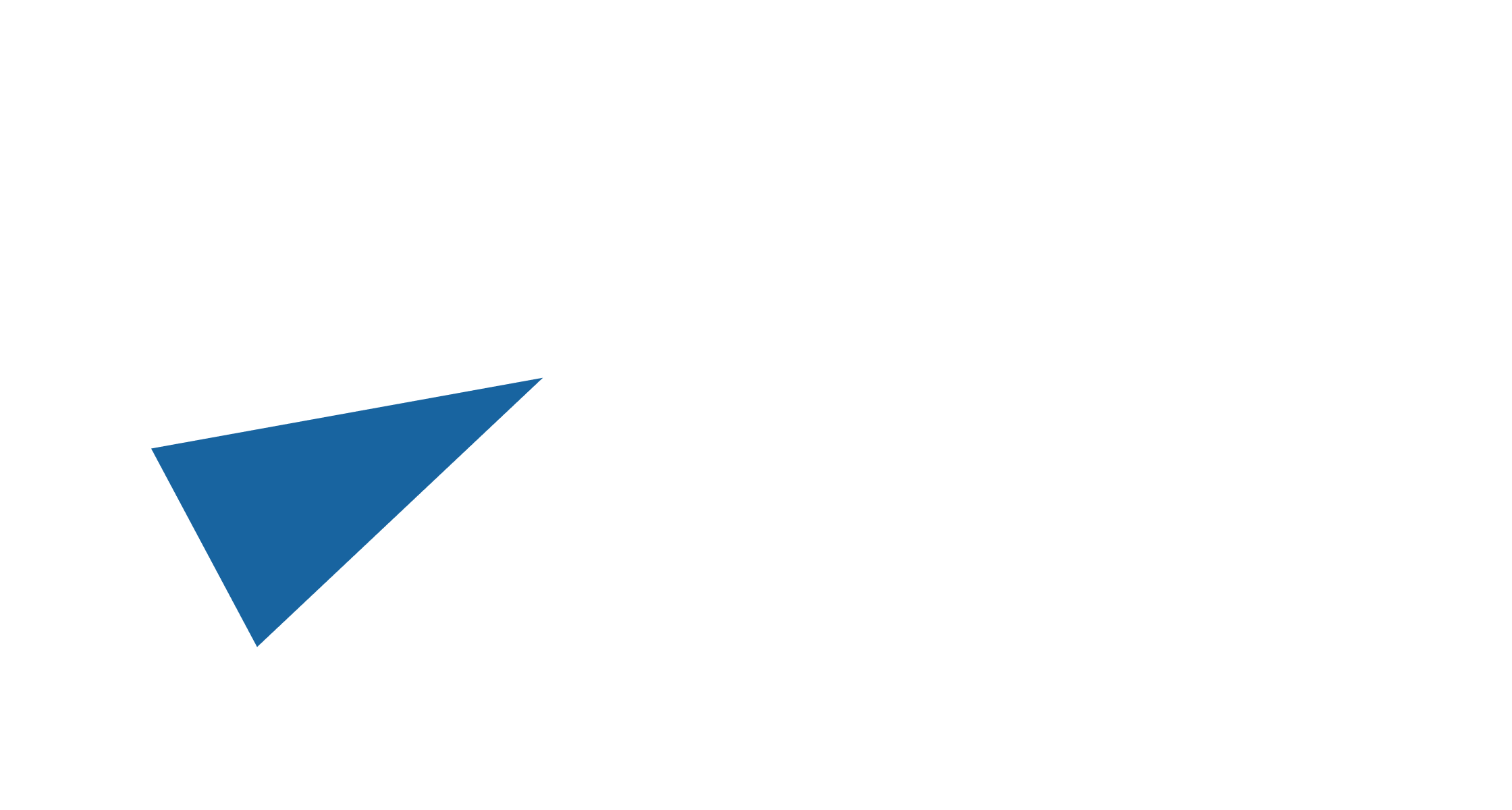
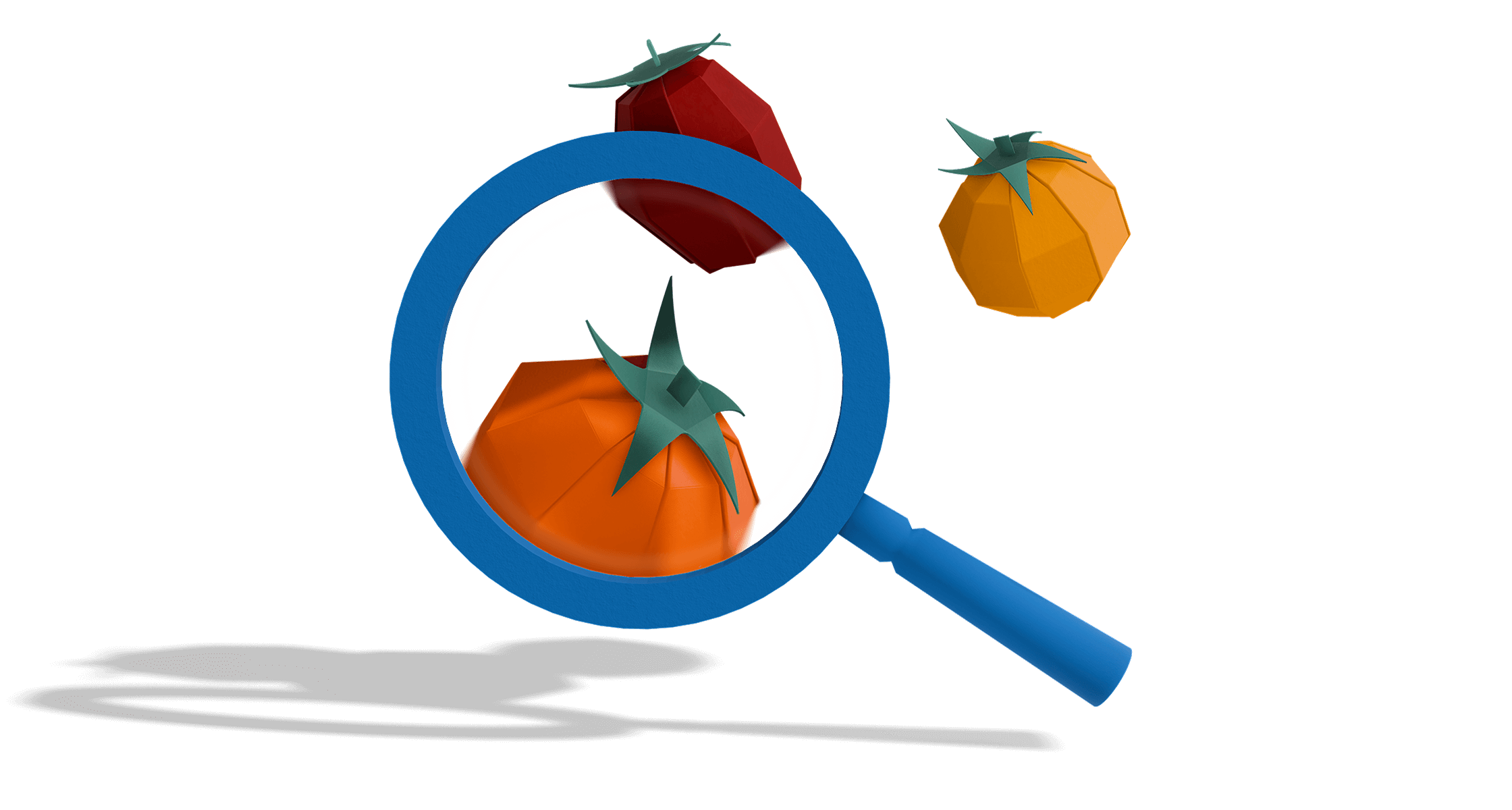
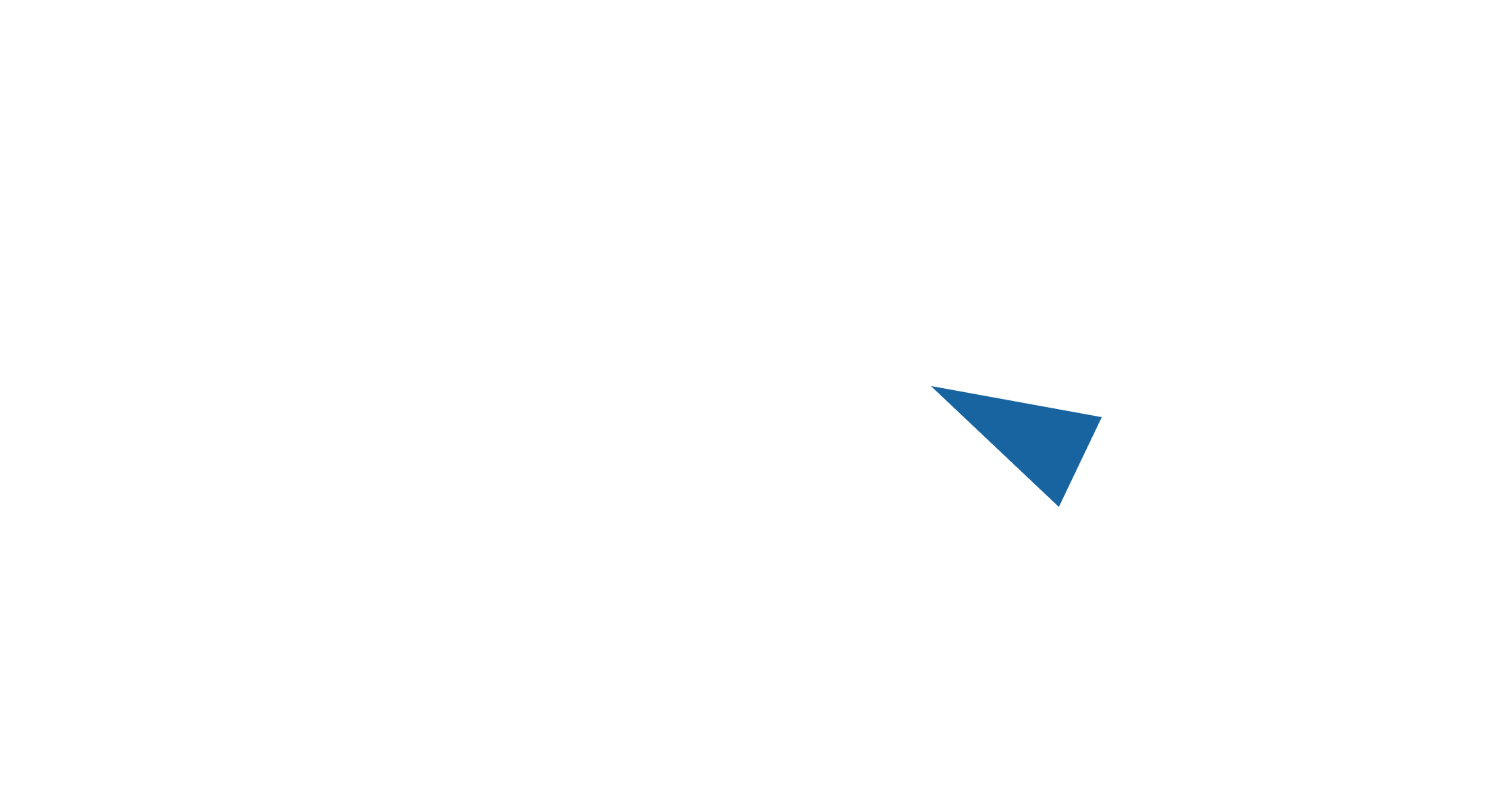
Benefits for workers
All employee have same social benefits :
- Health insurance and social security
- Technical training program
- Modern busses to transport them to the work place
- Canteens
- 2 Permanent on-site medical units in addition to a healthcare agreement with Akdital clinics and diagnostic laboratories
Certifications: SMETA, FAIRTRADE, GRASP
The Sanady program
The foundation fights failure and school dropout amongst disadvantaged children. SANADY has built an innovative funding model where companies -as part of their social commitment- offer learning support to the children of their own employees or the children from schools that companies are willing to support. Durocs finance the after school tutoring program and extra curricular activities for around 400 children every year since 2005. Most of them are its worker’s children. www.sanady.org
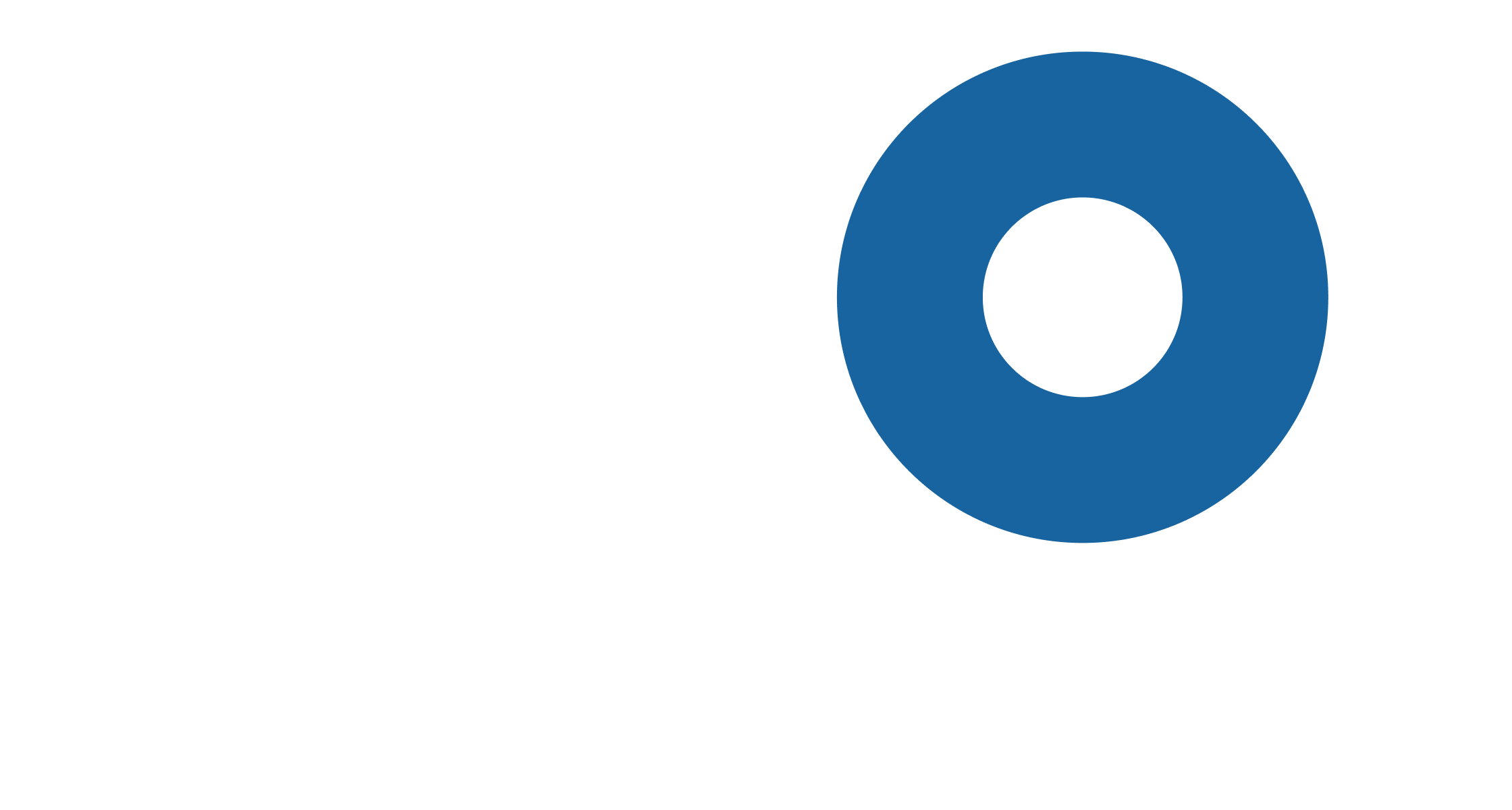
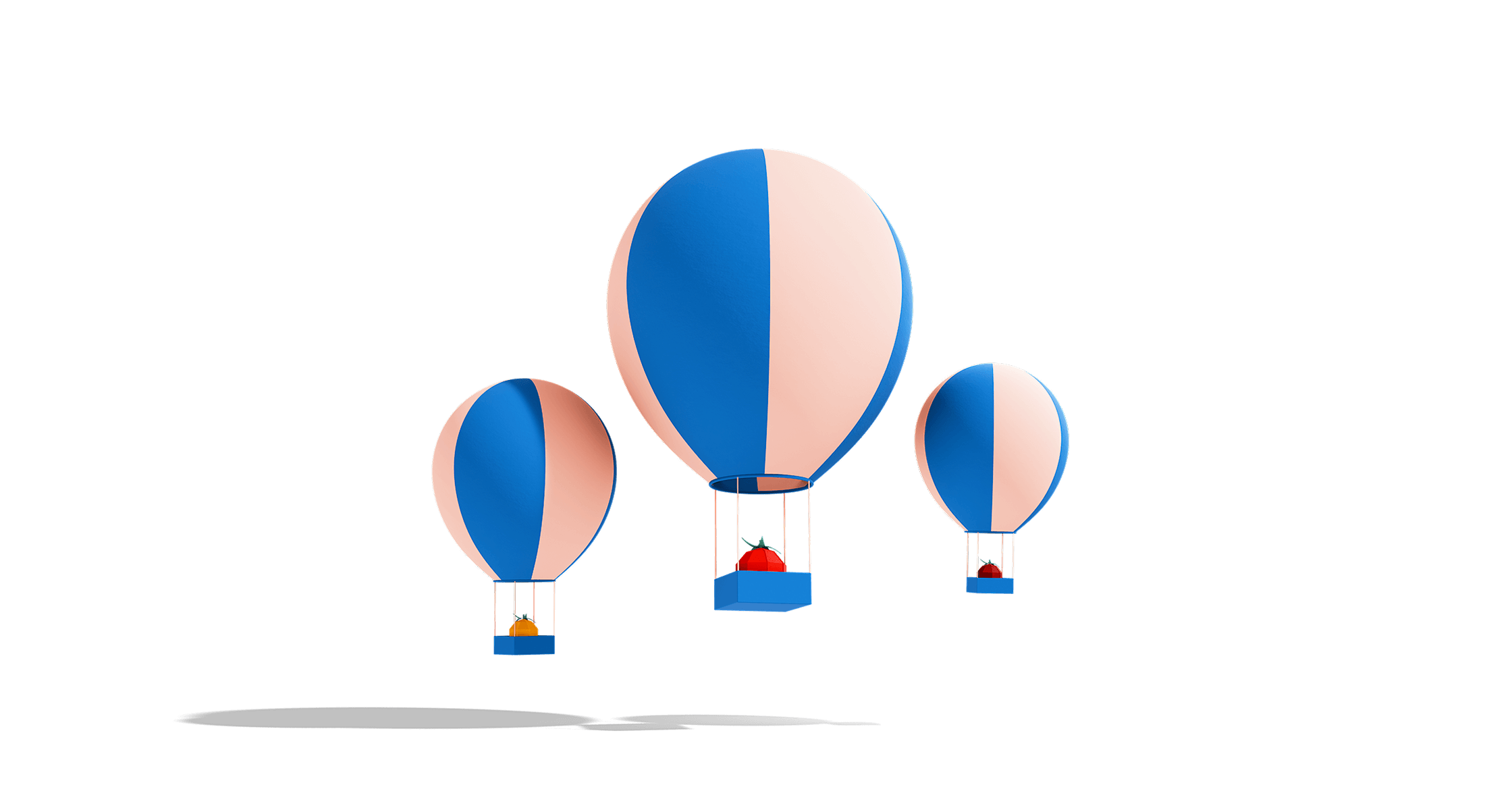
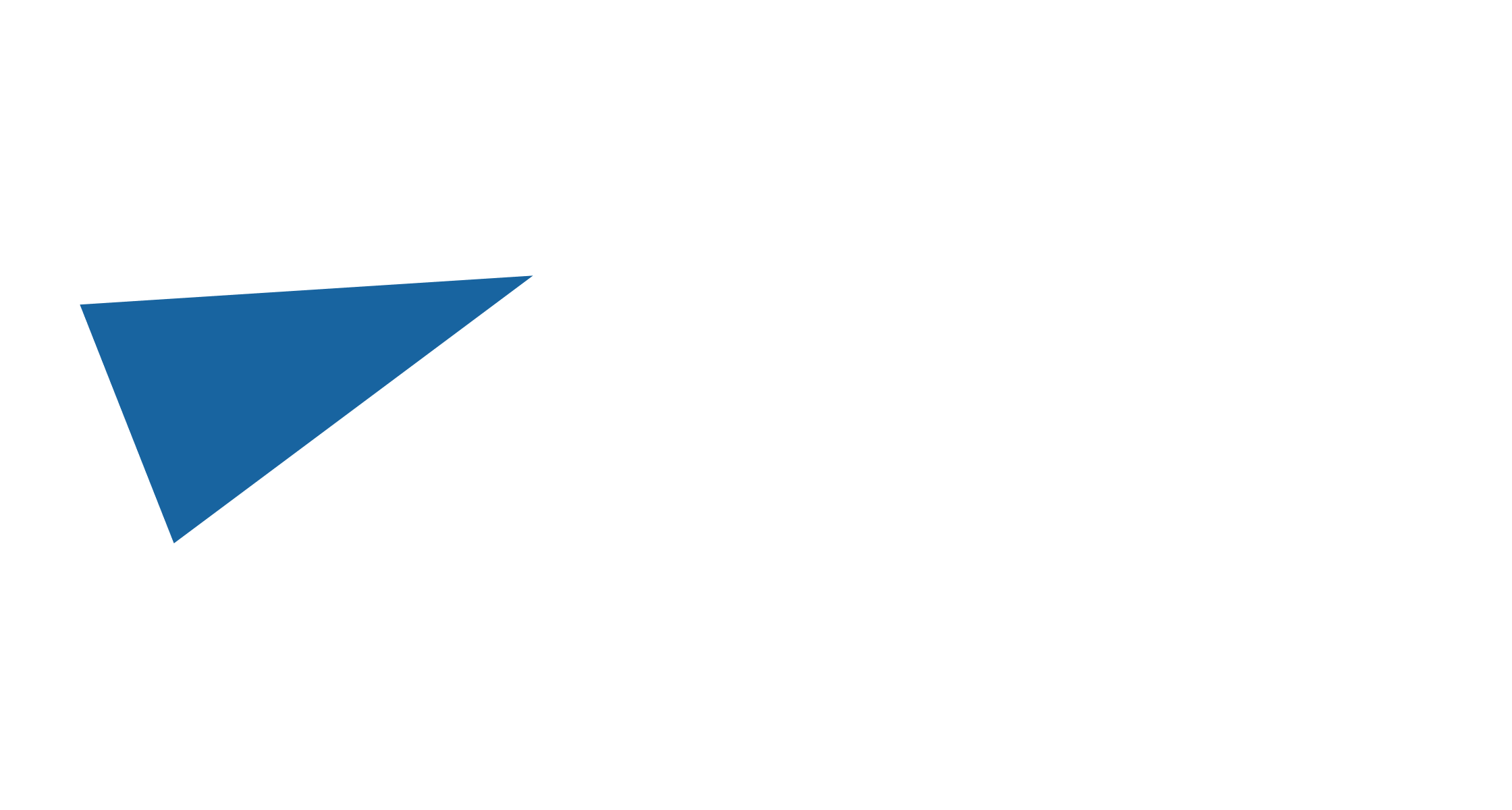
Win win program
For the children in the first place, as they improve their educational level and regain self-confidence. For the parents, as they usually have neither the financial nor the intellectual level to follow their children schooling. For Duroc, as it conducts a CSR action and contributes to a national main concern.
Duroc Fairtrad® Certified
In partnership with Co-op UK, Duroc has started selling Fair Trade cherry tomatoes and baby plum tomatoes in the UK. The Fair Trade Premium, an extra sum paid on top of the selling price, is invested in three community projects chosen by the workers, who have organized themselves into the Tayssir association to manage these initiatives.
Fairtrade projects
Project 1: Access to safe drinking water: Tayssir has built reverse osmosis water stations in many villages where water from wells and springs lacked proper disinfection. Each station cost €85,000, and First villages were equipped in April 2022.
Project 2: School transportation: any middle schools are far from villages, forcing children—especially girls—to walk long distances, leading to high dropout rates. Tayssir has purchased the first school bus for a village at €48,000 and is exploring outsourcing transport with private agencies.
Project 3: Preschool for worker’s children: As early childhood education is not compulsory in Morocco until age 6, many low-income families cannot afford preschool. Tayssir has secured land to build a preschool for 300 children (ages 2-5). The project is estimated to cost €450,000.
